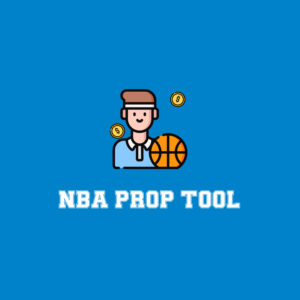
Scouting fantasy football defenses is hard. Figuring out who is a good defense vs. who faces a tough schedule vs. who gets big plays vs. … just so many things — it’s a hard jigsaw puzzle in fantasy, and frustratingly, it’s one that has some of the least payoff, because the top defense just doesn’t score as much as the top skill players.
Luckily though, you also don’t have to know anything to do it passably well.
We’re in Year 8 now of my experiment in picking fantasy defenses without having to know anything about football, and in Years 1-7 the method has gone undefeated. But I do the research as I write, so we’re on this ride together. Is this the year my method fails? Maybe! We’ll find out later.
First, though, let’s talk about fantasy defenses. (And even first-er, a note: If your league has gone away from defenses, this won’t help you much! But thanks for clicking. Tell my bosses you liked it.) Last year, the top fantasy defense scored 172 points (at least on ESPN; different sites have different scoring systems, but it shouldn’t change the overall point). That’s more than 200 points behind the top flex players and would have been No. 78 in the flex rankings overall, between Brandin Cooks and Zack Moss. For a starting fantasy slot.
What does that mean? Well, two things. First, that defenses have a tight range of outcomes. But second, that even nailing the best defense doesn’t matter that much. If you picked Puka Nacua last year, it might have made your season. If you drafted the best defense last year … eh. You were happy, but it didn’t make the difference between winning and losing.
So that’s my rationale here. Even if we were perfect at drafting defenses (which we super aren’t — the last eight years, the top-drafted defense has finished on average 12.75, and the top end-of-year defense has been drafted on average 9.63), the upside isn’t enough to justify an early pick on the position.
The question, then, is what the alternative is. Sure, we can’t know who will be the No. 1 defense, but shouldn’t we take our best guess? I say no, and below, we’ll find out if I’m right.
The Goal
We have two goals here. First, we want to see if we can beat the top-drafted defense (last year, that means outscoring the 49ers defense). Second, we want to see if we can create the No. 1 overall defense (last year, Ravens). That means if we beat the 49ers’ 136 fantasy points, we win, and if we outscore the Ravens’ 172, we’re living super high on the hog.
The Methodology
Just target defenses facing the Jets (204 points), Panthers (199), Giants (194), Saints (191) or Commanders (182)! We’re done!
OK, yes, that’s cheating. You can’t very well just follow a team around and stream the defense facing it. Other managers have agency as well. And also, this method asks that you know nothing at all. You don’t have to know that the Jets or Panthers were a mess last year. All you need is the NFL schedule, and maybe a calculator if you’re bad at dividing by three.
No, here’s what you do:
- Take each team’s average point total over its last three games
- Stream a defense facing one of the four lowest averages
- End of method!
Literally, that’s the entire research. For Weeks 2 and 3, just average the games played so far. For Week 1, I don’t even try anything fancy — we get the average defense fantasy score that week.
The Results
That gives us four (occasionally five, because of ties) defenses a week to select from, basically at random. So we can come up with three sets of results:
- Our score if we picked the best defense each week — virtually impossible, because picking the best of four 17 times is Powerball-level unlikely, but it is fun to look at the results
- Our score if we picked the worst defense each week (obviously equally unlikely)
- The average score
Let’s see how it went!

So no, we couldn’t quite get to the score of the No. 1 defense. But as I established above, we are really, really, super-duper bad at knowing who that defense is. This one means you don’t have to know anything!
Meanwhile, we beat the top-drafted fantasy defense by about two-thirds of a point per week. Yes, there’s a scenario where we put up only 20-something points over a full season, but there’s an equally likely scenario where we put up a Mike Evans-ian point total, and however unlikely that scenario is in our method, it is way more unlikely when you just pick a defense and go.
And remember, this method assumes absolutely no football knowledge. The Raiders averaged 18.3 points per game in Weeks 4-6 and didn’t qualify for our field, but then they had to start Brian Hoyer in Week 7. You, a football knower, might have been hip to the fact that that is a promising situation for a defense and streamed the Bears. Doing so would have gotten you 18 fantasy points. The Texans scored only 15.7 points per game in Weeks 14-16 with C.J. Stroud hurt, but then he returned in Week 17 and held the Titans to 1 fantasy point. Our hypothetical football dummy might have streamed the Titans. You, football knower, would not have.
So?
It’s a lot of work, right? Sure, it’s just the schedule and a calculator, but you’ve gotta bring up the schedule page for like four, five weeks. Why not just grab the top defense and accept 12 fewer points?
Well, remember what we discussed earlier. There are a lot of flex options who score a lot of points. There aren’t a lot of defenses that do. Burning a 10th-round pick on a defense means passing up on a player with way more upside. So draft a defense in the last round (or, if your league allows it, don’t draft a defense at all and just pick one up before Week 1), and use the earlier picks to get players with higher ceilings.
It’s not a guarantee. If it was a guarantee, it wouldn’t be the 10th round. But last year, the 49ers were taken 102nd by ADP. The next two picks off the board were Michael Thomas and Samaje Perine. It could have gone very poorly. But barely half a round later, at picks 109 and 110, you could have gotten De’Von Achane or Dalton Kincaid. At 114, Raheem Mostert. You have to take shots at those players. You don’t have to take a shot at a defense. So stop taking those shots.








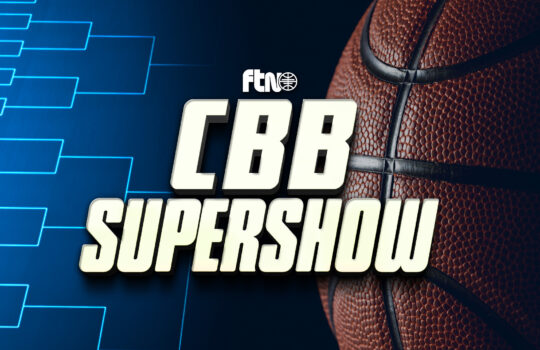
























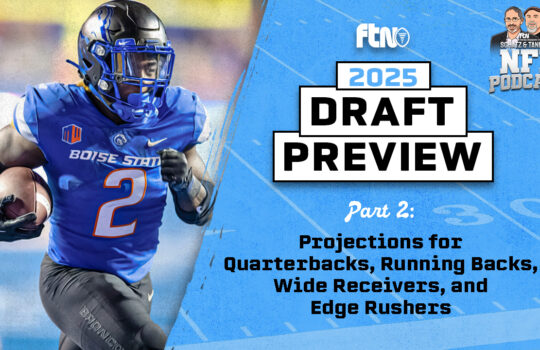

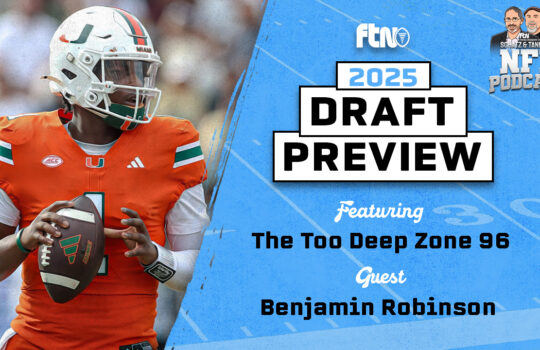







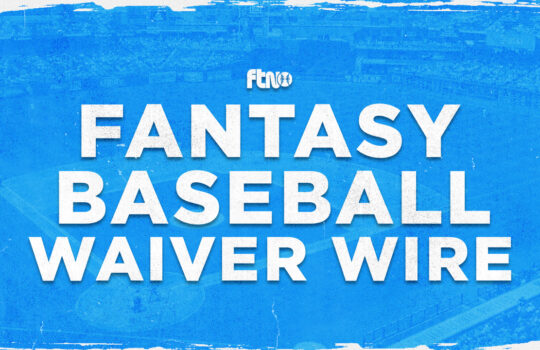

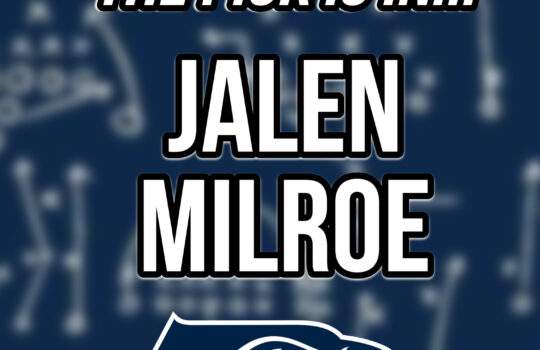

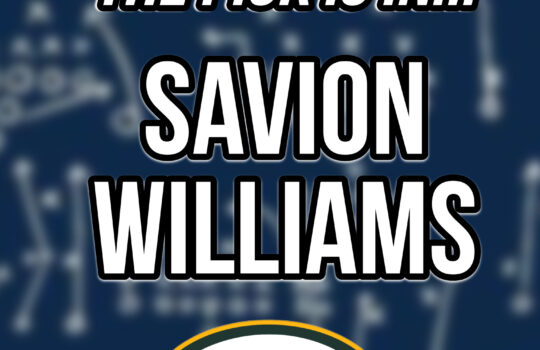
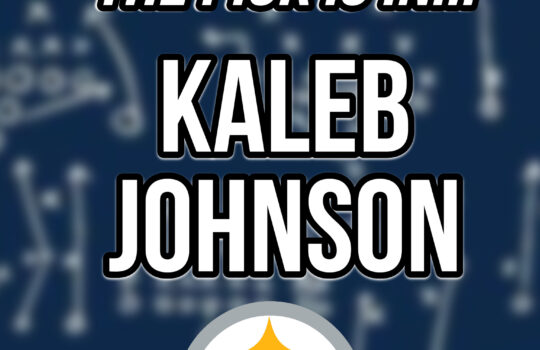

 New York Jets
New York Jets  New England Patriots
New England Patriots 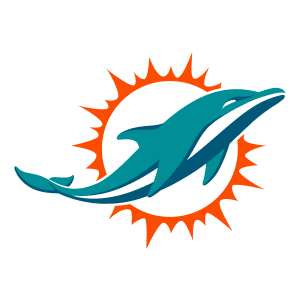 Miami Dolphins
Miami Dolphins  Buffalo Bills
Buffalo Bills  Pittsburgh Steelers
Pittsburgh Steelers  Cleveland Browns
Cleveland Browns  Cincinnati Bengals
Cincinnati Bengals  Baltimore Ravens
Baltimore Ravens 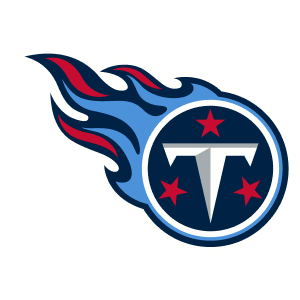 Tennessee Titans
Tennessee Titans  Jacksonville Jaguars
Jacksonville Jaguars  Indianapolis Colts
Indianapolis Colts  Houston Texans
Houston Texans  Las Vegas Raiders
Las Vegas Raiders  Los Angeles Chargers
Los Angeles Chargers  Kansas City Chiefs
Kansas City Chiefs 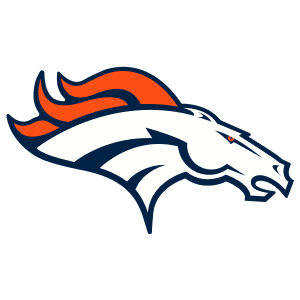 Denver Broncos
Denver Broncos  Washington Commanders
Washington Commanders  Philadelphia Eagles
Philadelphia Eagles  New York Giants
New York Giants  Dallas Cowboys
Dallas Cowboys  Minnesota Vikings
Minnesota Vikings  Green Bay Packers
Green Bay Packers  Detroit Lions
Detroit Lions 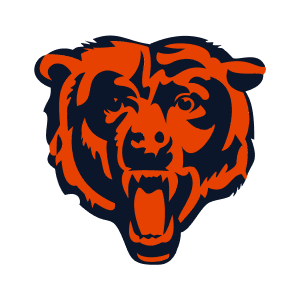 Chicago Bears
Chicago Bears 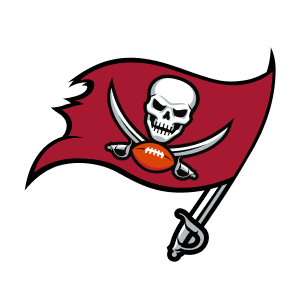 Tampa Bay Buccaneers
Tampa Bay Buccaneers  New Orleans Saints
New Orleans Saints  Carolina Panthers
Carolina Panthers 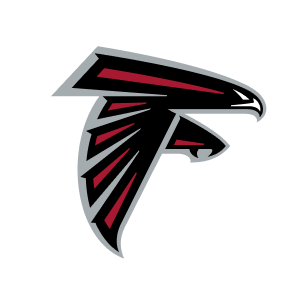 Atlanta Falcons
Atlanta Falcons  San Francisco 49ers
San Francisco 49ers  Seattle Seahawks
Seattle Seahawks  Los Angeles Rams
Los Angeles Rams 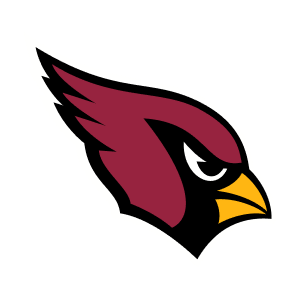 Arizona Cardinals
Arizona Cardinals 
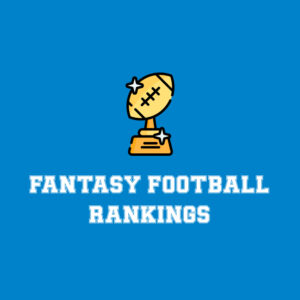
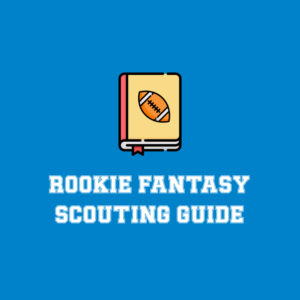






 Boston Celtics
Boston Celtics  Brooklyn Nets
Brooklyn Nets  Philadelphia 76ers
Philadelphia 76ers  New York Knicks
New York Knicks  Toronto Raptors
Toronto Raptors  Chicago Bulls
Chicago Bulls  Detroit Pistons
Detroit Pistons  Milwaukee Bucks
Milwaukee Bucks  Cleveland Cavaliers
Cleveland Cavaliers  Indiana Pacers
Indiana Pacers  Orlando Magic
Orlando Magic 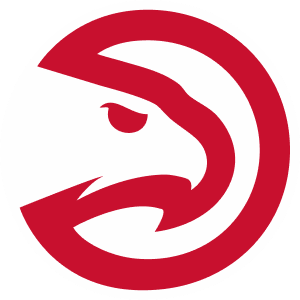 Atlanta Hawks
Atlanta Hawks  Charlotte Hornets
Charlotte Hornets  Miami Heat
Miami Heat  Washington Wizards
Washington Wizards  Denver Nuggets
Denver Nuggets  Minnesota Timberwolves
Minnesota Timberwolves  Oklahoma City Thunder
Oklahoma City Thunder  Portland Trail Blazers
Portland Trail Blazers  Utah Jazz
Utah Jazz  LA Clippers
LA Clippers  Golden State Warriors
Golden State Warriors  Los Angeles Lakers
Los Angeles Lakers  Phoenix Suns
Phoenix Suns  Sacramento Kings
Sacramento Kings  Dallas Mavericks
Dallas Mavericks  Houston Rockets
Houston Rockets  Memphis Grizzlies
Memphis Grizzlies  New Orleans Pelicans
New Orleans Pelicans  San Antonio Spurs
San Antonio Spurs 


